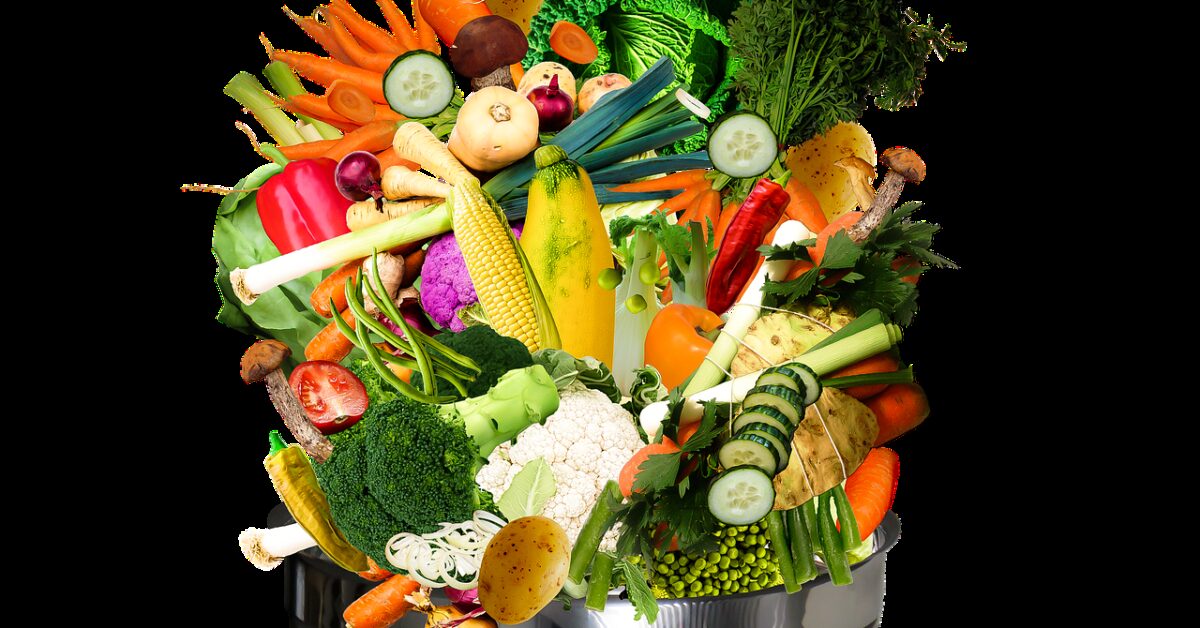The debate between the keto diet and vegetarianism has been a hot topic in recent years. Both diets have gained popularity for their potential health benefits, weight loss effects, and ethical considerations. While the keto diet focuses on high-fat, low-carb foods, vegetarianism emphasizes a plant-based diet without meat. Let’s explore the key differences and similarities between these two dietary approaches.
The Keto Diet
The ketogenic diet, commonly known as the keto diet, is a low-carb, high-fat diet that aims to put the body into a state of ketosis. In this state, the body burns fat for fuel instead of carbohydrates. The diet typically consists of foods such as meat, fish, eggs, dairy products, nuts, seeds, and healthy fats like avocado and olive oil. Here are some key points about the keto diet:
- Emphasizes high-fat foods
- Restricts carbohydrate intake to induce ketosis
- May lead to rapid weight loss
- Can improve insulin sensitivity and blood sugar control
- May reduce hunger and increase satiety
Vegetarianism
Vegetarianism is a dietary practice that excludes the consumption of meat, poultry, and seafood. However, there are different types of vegetarian diets, including lacto-vegetarian (includes dairy products), ovo-vegetarian (includes eggs), and lacto-ovo vegetarian (includes both dairy products and eggs). Some key points about vegetarianism include:
- Focuses on plant-based foods
- Excludes meat, poultry, and seafood
- May reduce the risk of heart disease, high blood pressure, and certain cancers
- Can be nutritionally balanced with proper planning
- May require supplementation of certain nutrients like vitamin B12 and iron
Differences between Keto and Vegetarianism
While both the keto diet and vegetarianism have their unique characteristics, there are several key differences between the two:
- Macronutrient Composition: The keto diet is high in fat, moderate in protein, and very low in carbohydrates. On the other hand, vegetarian diets can vary widely in macronutrient composition, but they generally tend to be higher in carbohydrates and lower in fat.
- Food Choices: The keto diet primarily includes animal-based foods such as meat, fish, and dairy products. In contrast, vegetarianism focuses on plant-based foods like fruits, vegetables, legumes, grains, and dairy or eggs depending on the type of vegetarian diet.
- Weight Loss: The keto diet is often associated with rapid weight loss due to the body’s increased fat-burning capabilities. Vegetarianism, on the other hand, may also lead to weight loss, but the rate may be slower and more dependent on overall calorie intake and food choices.
- Health Benefits: Both the keto diet and vegetarianism have been associated with various health benefits. The keto diet has shown potential in improving insulin sensitivity, blood sugar control, and reducing inflammation. Vegetarianism, on the other hand, has been linked to a reduced risk of heart disease, high blood pressure, and certain cancers.
Similarities between Keto and Vegetarianism
Despite their differences, the keto diet and vegetarianism also share some similarities:
- Focus on Whole Foods: Both diets encourage the consumption of whole, unprocessed foods. This means avoiding highly processed and refined foods that are often high in added sugars, unhealthy fats, and artificial ingredients.
- Health Consciousness: Both the keto diet and vegetarianism are often adopted by individuals who prioritize their health and well-being. These diets can serve as a way to improve overall nutrition and make conscious food choices.
- Personalization: Both diets can be personalized to meet individual needs and preferences. For example, the keto diet can be modified to include more plant-based fats, while vegetarianism can be tailored to include specific nutrient-rich foods.
In conclusion, the keto diet and vegetarianism are two distinct dietary approaches with their own set of benefits and considerations. The keto diet focuses on high-fat, low-carb foods to induce ketosis, while vegetarianism emphasizes a plant-based diet without meat. Both diets have shown potential health benefits and can be personalized to suit individual needs. Ultimately, the choice between the two depends on personal preferences, health goals, and ethical considerations.
